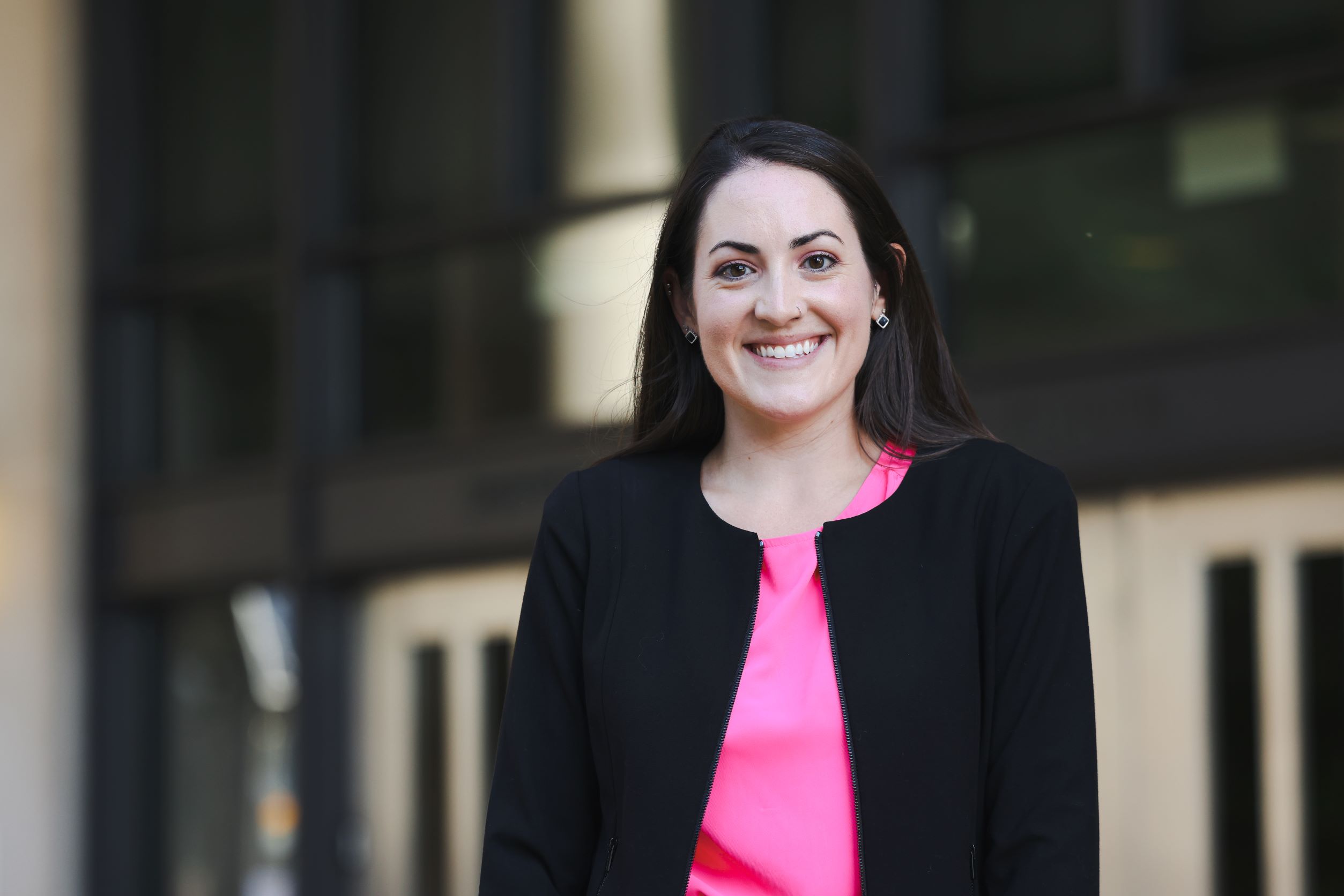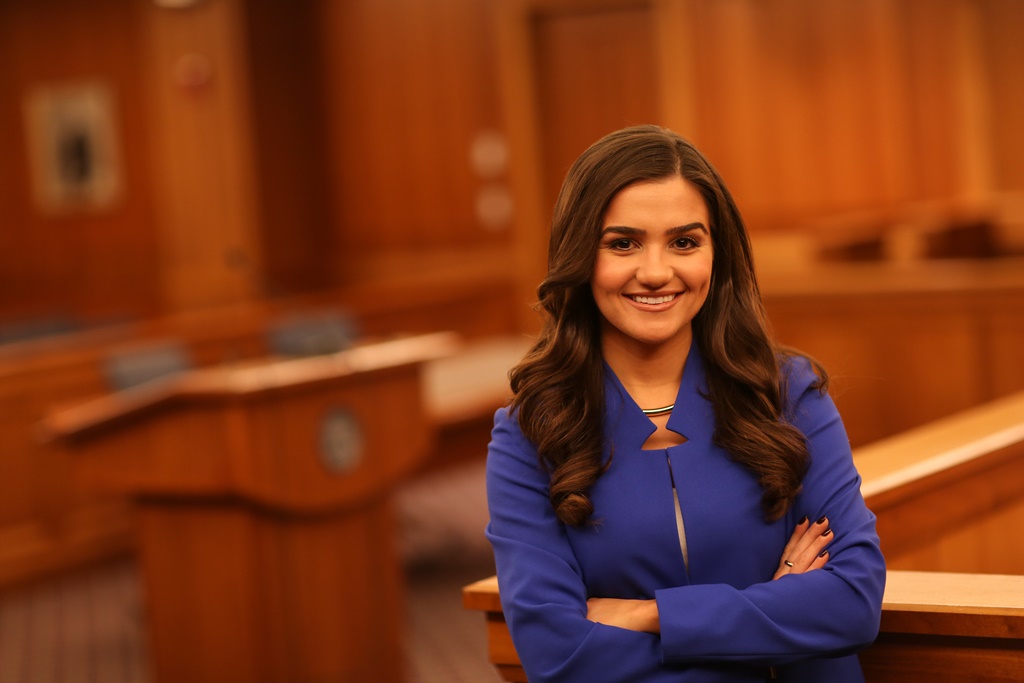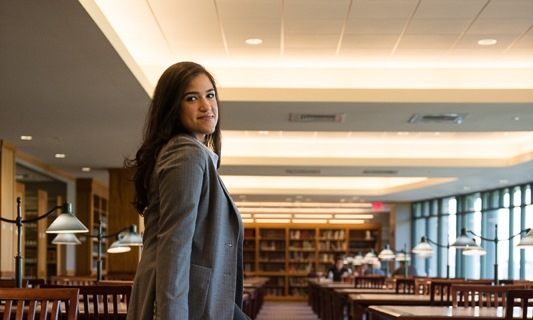By Erik T. Graham
I decided to write this blog because of the many law applicants I meet who have trouble finding resources for law students and lawyers with disabilities. The law profession values diversity. Each law student and attorney adds value to the profession by bringing their own experiences to the broader legal conversation. However, many law school applicants run into trouble when inquiring about the types of accommodations available in law school and how the law school experience will impact their disability.
If you are someone concerned about making it through the intense law school journey because of a disability, here are three points to keep in mind.
Go to the Source If you have specific questions about how your disability will impact your law studies, you should speak to the ADA compliance officer of the law school to which you are applying. Many law admissions officers may not be experienced in disability compliance laws, so it’s best to go directly to the source. Almost every law school or university will have a disability services office. If you can’t find it easily online, try the law school’s Dean of Students, as they most often work directly with law students on these issues and can direct you appropriately.
Request Accommodations Early If you are someone with a substantial sensory disability, such as hearing or visual impairment, or someone who will need classroom accommodations, then you should be in touch with the law school’s disability office as soon as you commit to a law school. As you are undoubtedly aware, having certainly gone through the experience of receiving classroom accommodations in your undergraduate environment, a lot of lead time is necessary to secure certain types of accommodations. The last thing you need is to have an unnecessary delay in your classroom accommodations because you didn’t give enough notice to those involved in assisting you. As a future advocate for others, be sure to advocate for yourself early enough to make a difference.
Do Your Soul Searching If you are worried that your disability may preclude you from practicing law, then be sure to explore this thoroughly. But don’t jump to conclusions. The practice and study of law is a high-anxiety, driven environment full of controversial issues and time-sensitive matters. Attorneys from a variety of backgrounds who manage their own disabilities are successful practitioners of law. But it is important for you to do your own research and to do your own soul searching. If you are hyper concerned about the stress levels involved, then it may be good to speak to your doctor and even other attorneys. A good resource may be the American Bar Association’s Lawyers with Disabilities section.
Good luck in your application process and remember to self-advocate.
Erik T. Graham, Esq., is an Assistant Director of Admission at Suffolk University Law School.













Follow Us